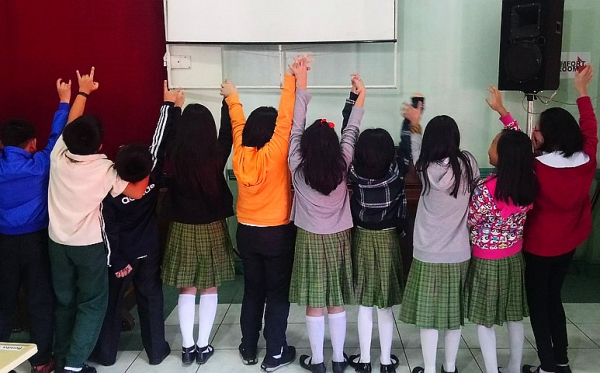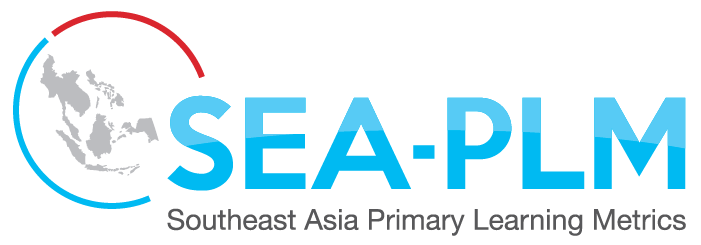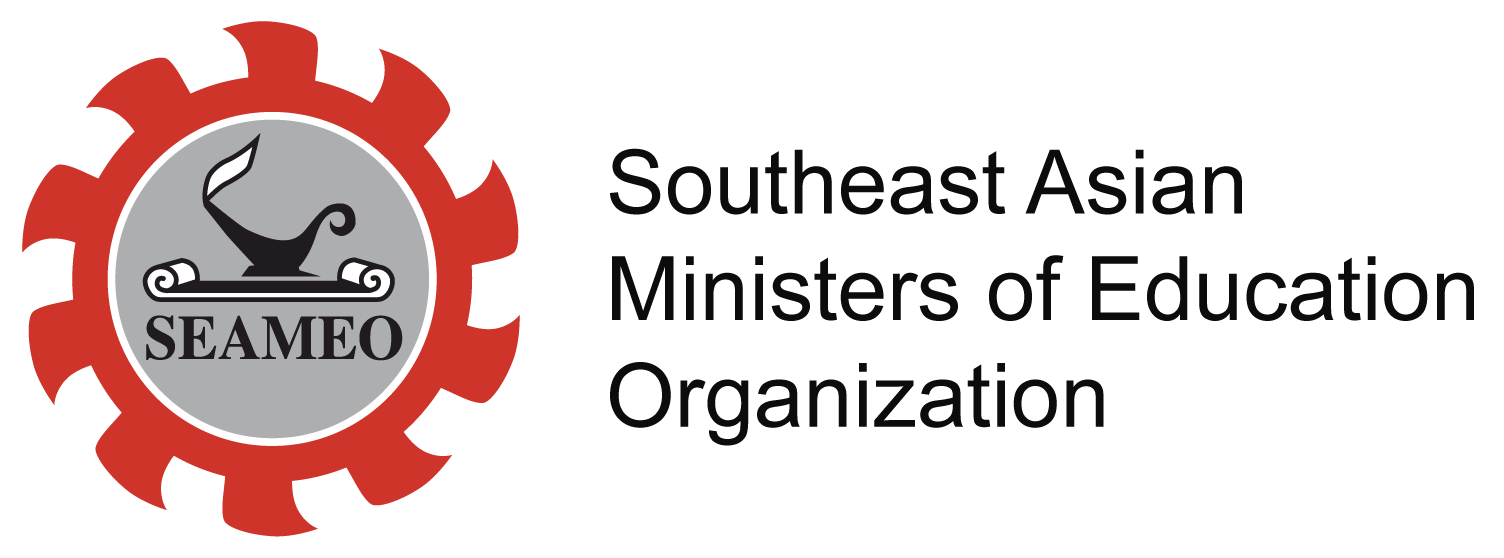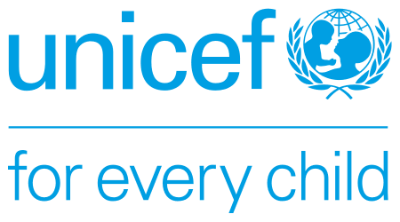The Southeast Asian Ministers of Education Organisation (SEAMEO) and the United Nations Child Fund (UNICEF), as well as the Australian Council for Educational Research (ACER), the technical consortium of SEA-PLM have spent many years working with participating countries to develop, trial and improve the technical and logistical procedures and roles needed to successfully implement the large-scale regional assessment.
This being said with SEA-PLM being embedded within national education systems the practicalities of preparing for the assessment differs slightly in each country, depending on its individual education structures and mechanisms.
So what does SEA-PLM actually look like at a country level?
To take a closer look at the in-country roles and functions of SEA-PLM we head to the Philippines who implemented main survey data collection during February. With the involvement of 16 regions, 119 Divisions, and 176 schools the archipelagic nation has had to be meticulous in its approach for preparing all relevant parties for the first round of SEA-PLM.
closer look at the in-country roles and functions of SEA-PLM we head to the Philippines who implemented main survey data collection during February. With the involvement of 16 regions, 119 Divisions, and 176 schools the archipelagic nation has had to be meticulous in its approach for preparing all relevant parties for the first round of SEA-PLM.
For each participating country, a Technical Team Manager (TTM) and Technical Team (TT) including positions such as school contact person, logistics coordinator, sampling coordinator, coding coordinator, data manager, and administration staff are appointed.
At the heart of SEA-PLM coordination in the Philippines sits the Bureau of Education Assessment (BEA) of the Department of Education (DepEd), with Chief Education Program Specialist Ms. Gretchen Cordero assigned as Technical Team Manager. Responsible for the coordination of all activities at the national level and the supervision of the Technical Team, Ms Gretchen is coordinating not one but three large-scale learning assessments. A priority of this year is to look into our system of assessment and see how our students are faring compared to other countries in the region.
Core tasks of the Technical Team include the selection and training orientation of School Coordinators and Test Administrators, the translation, review, printing, and distribution of test booklets and questionnaires, student sampling and quality monitoring.
Ms. Gretchen commented that overall the preparation process had run smoothly, a minor challenge however was that half of the test booklets had to be printed in-house due to procurement processes. This meant a lot of late nights for my staff to ensure that all booklets were printed in time!
So what about the school level?
Similar to the Technical Team there are multiple roles required at the front line of school testing. Two essential positions are that of the School Coordinator (SC) and Test Administrator (TA). In the case of the Philippines, the additional position of District Testing Coordinator (DTC) plays a significant role in supporting School Coordinators and preparing schools for testing.

DTC Ms. Remylinda T. Soriano explained to us how she had coordinated the orientation session with teachers, parents, and students ensuring they understood the purpose of SEA-PLM and what would be required from them on the testing day. With the testing day finally upon them, Ms. Remylinda shared what a happy day it was and how proud the school was to have been selected to represent the Philippines.
For security purposes test booklets and questionnaires are not delivered to the school until the testing day meaning that parents, teachers, principals, and students all complete the test and questionnaires on the same day. The task of assessment material delivery and collection is that of a National Quality Control Monitor (NQCM). NQCMs are from the central level and also fulfill the purpose of school observation, filling out standard checklists and reporting back to the Technical Team.Â
When the testing day finally arrives it is the Test Administrators moment to shine. Test Administrators are selected from different schools than those participating in the assessment and all undergo training to orient them towards their role. One Test Administrator Mr Benjamin Cruz Junior described the testing process to be straightforward, with the detailed instructions and script provided it is simply a matter of following it.
It is because of these people and many more that national data collection for SEA-PLM is made possible. A core priority of SEA-PLM is the capacity building of national teams to prepare and implement learning assessments at an internationally recognised standard. In the Philippines, the impact of the preparation, training and support process of these key roles, as well as the utilization of existing DepEd structures and mechanisms have all contributed to the strengthening of local capacity and the successful collection of school data for SEA-PLM.




